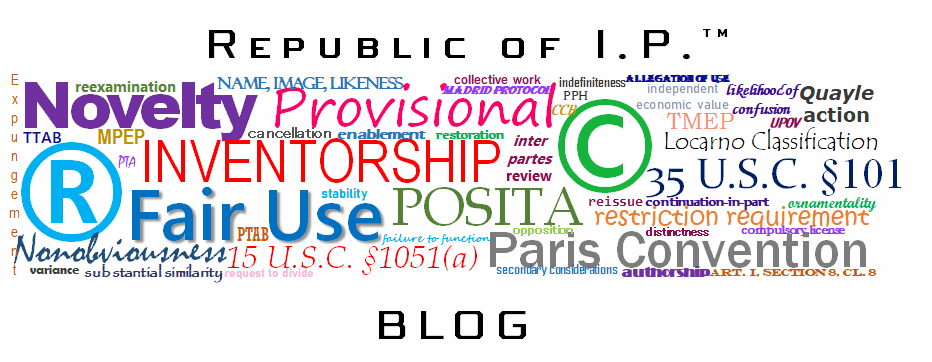The Sixth DuPont Factor: Third-Party Use and Registrations
dupont test likelihoodofconfusion trademarkregistration
+1 more
When the USPTO examines trademark applications or when courts assess potential trademark infringement, they rely on a multifaceted analysis to determine whether two marks are likely to cause consumer...
Understanding Dilution in Trademarks
dilution trademarkregistration trademarks
The federal Lanham Act provides trademark owners various legal causes of action, including trademark infringement and dilution. While trademark infringement requires proof of consumer confusion,...
Free Speech Considerations in Trademark Law
failuretofunction firstamendment trademarkregistration
+1 more
Trademark law intersects with First Amendment free speech rights in several key ways: Prior Restraint and Content-Based Restrictions: When the government denies trademark registration based on the...
Understanding Section 2(c)’s Names Clause
Lanham Act 2(c) first amendment names clause
+4 more
The Lanham Act serves as the cornerstone of federal trademark law in the United States, establishing comprehensive protections for brands, consumers, and public figures alike. Among its many...
The Zone of Interest Test in Trademark Law
standing trademarkregistration trademarks
+1 more
The zone of interest test is a component of the standing analysis in trademark litigation, serving as a gatekeeper to determine which parties may pursue claims under the federal Lanham Act. This...
Understanding the Doctrine of Foreign Equivalents in Trademark Law
foreignequivalents trademarkregistration trademarks
The doctrine of foreign equivalents represents one of the more nuanced areas of trademark law, sitting at the intersection of linguistic analysis, consumer perception, and legal precedent. This...
Understanding the False Suggestion Doctrine in Trademark Law
falsesuggestion trademarkregistration trademarks
The false suggestion doctrine is a limitation on trademark registration, designed to protect the public from misleading associations with recognized entities or symbols. Overview Section 2(a) of the...
No posts found
Try adjusting your filters

